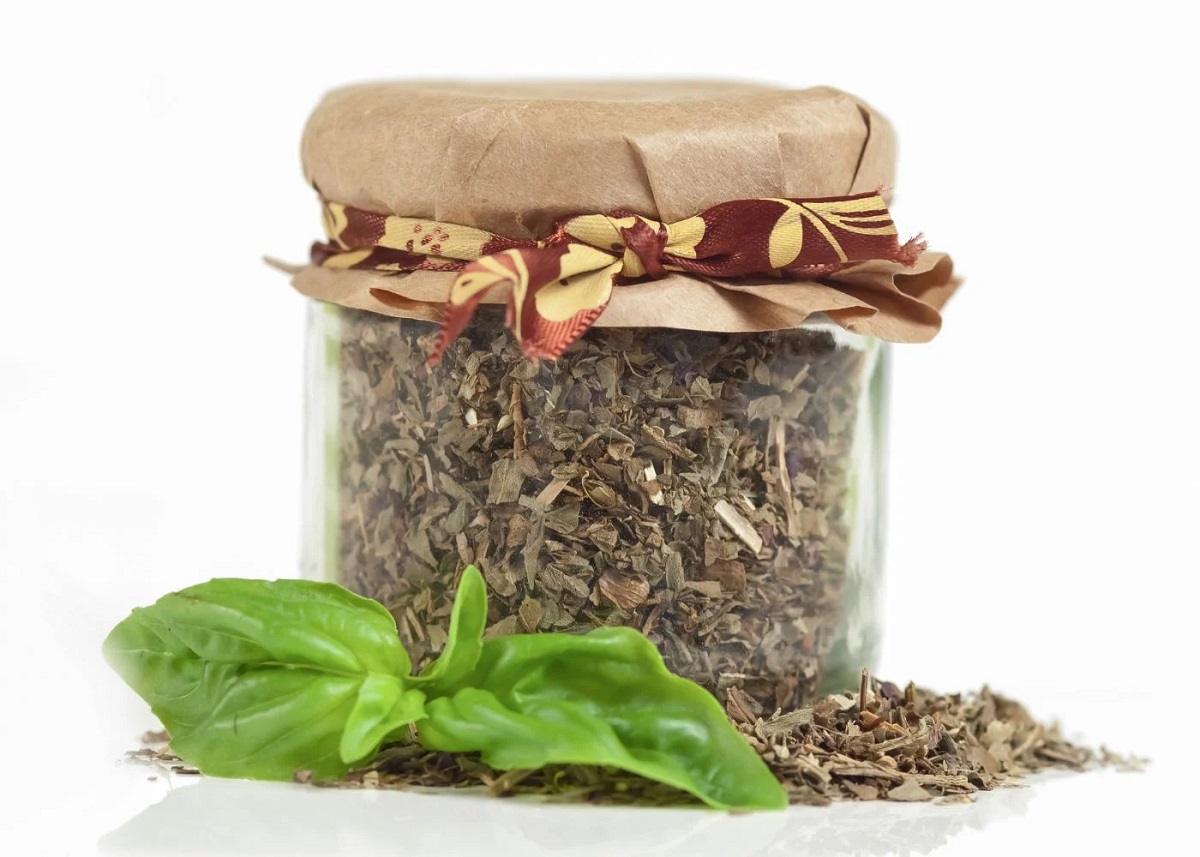

Articles
How To Store Dried Basil
Modified: August 17, 2024
Learn how to properly store dried basil in this informative article. Follow these simple steps to ensure the longevity and freshness of your herbs.
(Many of the links in this article redirect to a specific reviewed product. Your purchase of these products through affiliate links helps to generate commission for Storables.com, at no extra cost. Learn more)
Introduction
When it comes to cooking, herbs play a crucial role in enhancing the flavors of our dishes. One such herb that is widely used in various cuisines around the world is basil. It adds a distinctive aroma and taste to our favorite dishes, whether it’s pasta, pizza, or even a refreshing summer salad.
While fresh basil is a delightful addition to any dish, there are times when we need to rely on dried basil for convenience and long-term storage. Dried basil not only provides a similar flavor profile to fresh basil but also allows us to enjoy the herb in its off-season when fresh basil is scarce or expensive.
However, to truly enjoy the flavors and benefits of dried basil, proper storage is essential. Improper storage can lead to the loss of its essential oils, diminishing its flavor and aroma. In this article, we will explore the importance of storing dried basil correctly and provide you with practical tips to ensure its long shelf life.
Key Takeaways:
- Proper storage of dried basil is crucial for preserving its flavor, aroma, and potency. Choose airtight glass or metal containers, store in a cool, dark place, and avoid moisture to maintain its quality.
- Storing dried basil in smaller quantities, labeling containers, and avoiding moisture and heat are key to preserving its freshness. Choose the right storage container and location to enjoy vibrant flavors for longer.
Read more: How To Dry Basil Leaves In A Dehydrator
Why Proper Storage of Dried Basil is Important
The proper storage of dried basil is vital to maintain its quality and potency over time. Here’s why it’s important to store dried basil correctly:
- Prolongs Shelf Life: Dried basil has a longer shelf life compared to fresh basil. However, if not stored properly, it can still lose its flavor, aroma, and potency. By storing it correctly, you can extend its shelf life and ensure its freshness for an extended period.
- Preserves Flavor and Aroma: Dried basil contains essential oils, which are responsible for its distinct flavor and aroma. Proper storage helps preserve these oils, ensuring that your dried basil maintains its vibrant flavor and aromatic qualities for a longer time.
- Cost Effective: Storing dried basil properly allows you to buy it in bulk, saving you money in the long run. Instead of constantly buying small quantities, you can purchase larger quantities when it’s available at a reasonable price and store it correctly to maintain its freshness.
- Convenience in Cooking: Dried basil is a convenient option for adding flavor to your dishes. Properly stored dried basil is readily available whenever you need it, adding convenience to your cooking process. You don’t have to worry about the herb going bad or having to make additional trips to the grocery store.
By understanding the importance of proper storage, you can ensure that your dried basil retains its quality, flavor, and aroma, allowing you to enjoy the herb’s benefits in your culinary creations.
Factors That Affect the Shelf Life of Dried Basil
Several factors can influence the shelf life of dried basil. Understanding these factors will help you store it properly and extend its longevity. Here are the key factors that can affect the shelf life of dried basil:
- Exposure to Air: Basil, like other herbs, is susceptible to oxidation when exposed to air. Oxygen can cause the herb to lose its flavor and scent. It’s crucial to store dried basil in a container that minimizes air exposure to maintain its quality.
- Light: Exposure to light can degrade the flavor and color of dried basil. Ultraviolet (UV) light, in particular, can break down the essential oils responsible for basil’s aroma and taste. Storing dried basil in a cool, dark place away from direct sunlight is essential to preserve its quality.
- Moisture and Humidity: Moisture and humidity are the enemies of dried herbs, including basil. Excessive moisture can lead to mold and bacterial growth, causing the herb to spoil quickly. It’s crucial to keep dried basil dry and away from humid environments to maximize its shelf life.
- Temperature: Extreme temperature fluctuations can negatively impact dried basil’s quality. High temperatures can cause the herb to lose its flavor and potency, while low temperatures can make it lose its color and become brittle. Storing dried basil at a stable room temperature is ideal.
- Container Quality: The type of container used for storing dried basil can significantly affect its shelf life. Airtight containers made of glass or metal are the best choices as they provide maximum protection against air and moisture. Avoid using plastic containers as they are prone to allowing air and moisture to seep in.
By considering these factors and taking appropriate measures to mitigate them, you can ensure that your dried basil retains its quality and flavor for an extended period.
Choosing the Right Storage Container for Dried Basil
When it comes to storing dried basil, choosing the right container is essential to maintain its freshness and quality. Here are some factors to consider when selecting a storage container for your dried basil:
- Airtight: The storage container should be airtight to prevent air from entering and causing oxidation, which can lead to loss of flavor and aroma. A tight seal will help preserve the essential oils in the dried basil and keep it fresh for a longer time.
- Material: Opt for containers made of glass or metal. These materials are non-porous and less likely to absorb moisture or transfer odors to the dried basil. Avoid using plastic containers as they may not provide a sufficient barrier against moisture and air.
- Size: Choose a container that fits the amount of dried basil you typically use. This will help minimize excess air in the container, which can accelerate flavor and aroma loss. Additionally, storing in smaller containers can allow you to use one portion at a time, keeping the remaining dried basil sealed and fresh.
- Transparency: While it’s important to store dried basil away from light, it can be beneficial to have a transparent or translucent container. This allows you to quickly see the contents and assess the quantity without having to open the container frequently, minimizing the exposure to air.
- Labels: Consider labeling the container with the date of storage. This will help you keep track of the freshness of the dried basil and ensure you use the oldest ones first.
Remember, the right storage container will help protect your dried basil from air, moisture, and light, preserving its flavor and aroma. Invest in high-quality, airtight containers made of glass or metal to ensure the longevity of your dried basil.
Storing Dried Basil in a Cool, Dark Place
A key aspect of preserving the quality and flavor of dried basil is storing it in a cool, dark place. This helps to protect the herb from the damaging effects of heat, light, and humidity. Here are some tips for storing dried basil in a cool, dark place:
- Choose the Right Location: Find a cool area in your kitchen or pantry where the temperature remains relatively stable. Avoid storing dried basil near sources of heat, such as the stove or oven, as the fluctuating temperatures can adversely affect its quality.
- Avoid Direct Sunlight: Light can degrade the flavor, color, and potency of dried basil. Store it in a dark area, away from windows or direct sunlight. If your storage location has exposure to light, consider using opaque containers or keeping the dried basil in a cupboard or drawer.
- Utilize the Cupboard: One of the best places to store dried basil is in a kitchen cupboard or pantry. These areas typically offer the darkness and coolness needed to preserve the herb’s quality. Ensure that the cupboard is well-ventilated and not located near a dishwasher or sink to avoid excess moisture.
- Keep Away from Heat Sources: Heat can accelerate the deterioration of dried basil. Avoid storing it near appliances that emit heat, such as the refrigerator, microwave, or coffee maker. These appliances can increase the ambient temperature and cause the herb to lose its flavor more quickly.
- Consider Using Sealed Containers: Use airtight containers to store dried basil in a cool, dark place. This helps to create a barrier against air, moisture, and light, preserving the herb’s freshness and quality. Glass jars with tight-fitting lids or metal tins are excellent options for long-term storage.
By following these guidelines, you can ensure that your dried basil retains its vibrant flavor, aroma, and color. Storing it in a cool, dark place shields the herb from heat, light, and humidity, allowing you to enjoy its delightful essence in your culinary creations for an extended period.
Store dried basil in an airtight container in a cool, dark place, away from heat and sunlight. This will help preserve its flavor and aroma for a longer period of time.
Read more: How To Store Cut Basil
Avoiding Moisture and Humidity When Storing Dried Basil
Moisture and humidity are enemies when it comes to storing dried basil. Exposing the herb to these elements can lead to spoilage, loss of flavor, and the growth of mold or bacteria. To ensure the longevity of your dried basil, here are some tips to help you avoid moisture and humidity:
- Use Dry and Intact Basil: Before storing, make sure your dried basil is completely dry. Any residual moisture can contribute to mold growth. Additionally, ensure that the leaves are intact and free from any bruising or damage, as this can also attract moisture and hasten deterioration.
- Keep Away from the Sink: Avoid storing dried basil near the sink or any water source in your kitchen. The moisture generated during cooking or washing dishes can permeate the air and affect the quality of the herb.
- Store Away from the Fridge: While it may seem logical to store dried herbs in the refrigerator, it’s best to avoid doing so. The fridge tends to be a humid environment, and the fluctuating temperatures can also compromise the quality of dried basil.
- Avoid Storing in the Freezer: Freezing dried basil is not recommended. The freezing process can cause the herb to lose its flavor and texture. Furthermore, any condensation that forms during the thawing process can introduce moisture and degrade the quality of the herb.
- Use Silica Packets: Placing a silica gel packet in your storage container can help absorb any moisture that may accumulate. These packets are commonly found in packaged food or electronics and can be reused. Just make sure to keep them away from children and pets.
- Monitor the Storage Area: Regularly inspect the storage area for signs of moisture or humidity, such as condensation or dampness. If you notice any issues, consider moving your dried basil to a drier location or using a dehumidifier to maintain the appropriate storage conditions.
By taking these precautions, you can keep your dried basil dry and free from moisture-related issues. This will help preserve its flavor, aroma, and overall quality, ensuring that it remains a valuable culinary addition for months to come.
Additional Tips for Long-Term Storage of Dried Basil
To ensure the long-term storage of dried basil and maintain its flavor and aroma, here are some additional tips to consider:
- Label and Date: Label your storage containers with the date of storage. This helps you keep track of freshness and ensures you use the oldest dried basil first.
- Store in Smaller Quantities: Consider dividing your dried basil into smaller portions and storing them separately. This way, you only open one container at a time, minimizing exposure to air, light, and moisture for the rest of the supply.
- Avoid Crushing Until Use: Avoid crushing or grinding the dried basil until you’re ready to use it. The intact leaves will retain their flavor and aroma more effectively. Additionally, you can crush or grind them just before use to maximize the freshness of the herb.
- Keep it Whole or Ground: Decide whether to store your dried basil as whole leaves or ground. Whole leaves tend to retain their flavor better, while grinding them can release their aroma more quickly when cooking. Consider your preference and usage to determine which form to store.
- Rotate Stock: If you frequently use dried basil, make sure to rotate your stock regularly. This helps ensure that you’re constantly using the oldest supply first, preventing the herb from losing freshness over time.
- Consider Vacuum Sealing: If you have the means, vacuum-sealing your dried basil can provide an extra layer of protection against air and moisture. This method can help prolong its shelf life and maintain its quality for an even longer time.
- Test for Freshness: Over time, the flavor and aroma of dried basil may diminish. Before using a large quantity, perform a quick freshness test by crushing a small amount between your fingers. If the herb still releases its characteristic aroma, it’s likely still fresh and suitable for use.
By implementing these additional tips, you can ensure that your dried basil stays fresh and maintains its flavor and aroma for an extended period. Whether you’re using it in soups, sauces, or other culinary creations, your dried basil will add that delightful essence to your dishes even after a prolonged storage period.
Frequently Asked Questions about Storing Dried Basil
Here are some common questions that arise when it comes to storing dried basil:
-
Can I store dried basil in the refrigerator?
It is best to avoid storing dried basil in the refrigerator. The fluctuating temperatures and high humidity can compromise the flavor and quality of the herb.
-
How long can I store dried basil?
When stored properly in a cool, dark place, dried basil can retain its flavor and aroma for up to one year. However, it is always best to check for freshness before using it extensively.
-
Can I store dried basil in plastic containers?
While plastic containers may seem convenient, they are more prone to allowing air and moisture to penetrate compared to glass or metal containers. It is better to choose airtight glass or metal containers to ensure the longevity of your dried basil.
-
Is it necessary to keep dried basil in a dark place?
Yes, storing dried basil in a dark place is important to prevent the degradation of flavor and color. Exposure to light can break down the essential oils in the herb, resulting in a loss of aroma and taste.
-
Should I grind dried basil before storing it?
It is generally better to store dried basil as whole leaves until you are ready to use it. Grinding the herb can release its aroma more quickly, causing it to lose its potency over time. Only grind or crush the basil just before using it.
-
What should I do if my dried basil gets clumpy?
If your dried basil becomes clumpy, it may indicate moisture absorption. You can gently break up the clumps and spread the basil out on a clean, dry surface to allow it to dry further. If the clumping persists, it may be best to replace the dried basil.
-
Can I freeze dried basil for long-term storage?
No, freezing dried basil is not recommended. The freezing process can adversely affect the flavor and texture of the herb. Additionally, the process of thawing can introduce moisture, which can degrade the quality of the dried basil.
-
Is it necessary to label the storage containers?
Labeling the storage containers with the date of storage is highly recommended. This will help you keep track of freshness and ensure that you use the oldest dried basil first.
By understanding these frequently asked questions, you can confidently store your dried basil in a manner that preserves its freshness, flavor, and aroma for an extended period.
Conclusion
Proper storage of dried basil is essential to preserve its quality, flavor, and aroma. By following the guidelines outlined in this article, you can ensure that your dried basil remains vibrant and ready to enhance your favorite dishes for months, or even up to a year.
Remember to choose the right storage container – one that is airtight and made of glass or metal – to protect the herb from air, moisture, and light. Storing dried basil in a cool, dark place away from heat sources and direct sunlight is crucial to maintain its freshness and potency.
Avoiding moisture and humidity is equally important. Keep your dried basil dry, away from the sink or any water sources, and don’t store it in the refrigerator or freezer. Regularly check the storage area for signs of moisture and take preventative measures, such as using silica gel packets, if necessary.
Additionally, consider storing dried basil in smaller quantities, rotating stock, and labeling containers to ensure you use the oldest supply first. Only grind or crush the basil just before use to preserve its flavors, and test for freshness periodically to ensure optimal quality.
By incorporating these storage tips into your routine, you can enjoy the full benefits of dried basil for an extended period. Whether you’re adding it to soups, sauces, marinades, or other culinary creations, your properly stored dried basil will enhance the flavors of your dishes, adding a delightful touch to your kitchen adventures.
So, take the time to store your dried basil correctly and savor the flavors it brings to your meals. With the right storage practices, you can always have a fresh supply of dried basil on hand, ready to elevate your dishes to new culinary heights.
Frequently Asked Questions about How To Store Dried Basil
Was this page helpful?
At Storables.com, we guarantee accurate and reliable information. Our content, validated by Expert Board Contributors, is crafted following stringent Editorial Policies. We're committed to providing you with well-researched, expert-backed insights for all your informational needs.
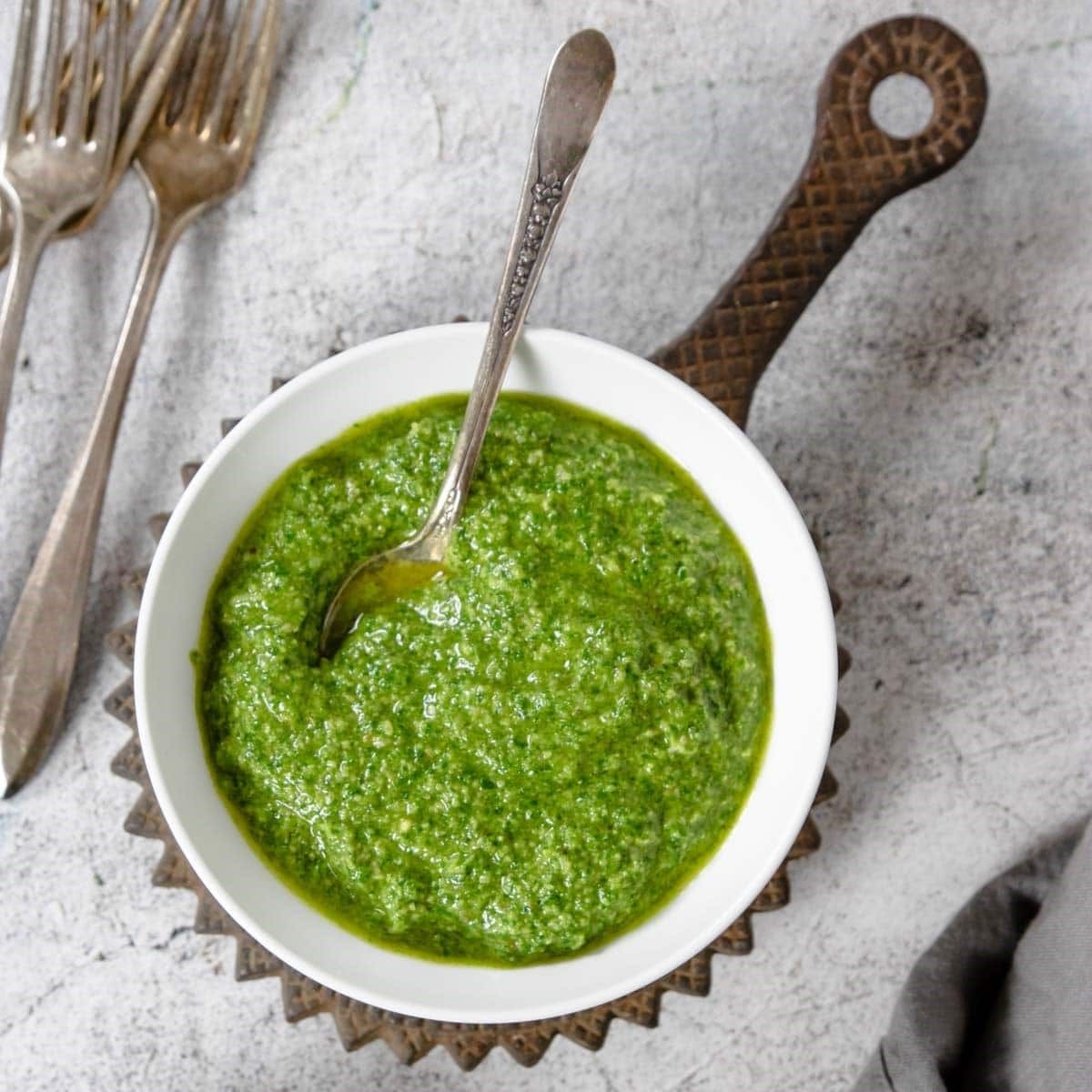
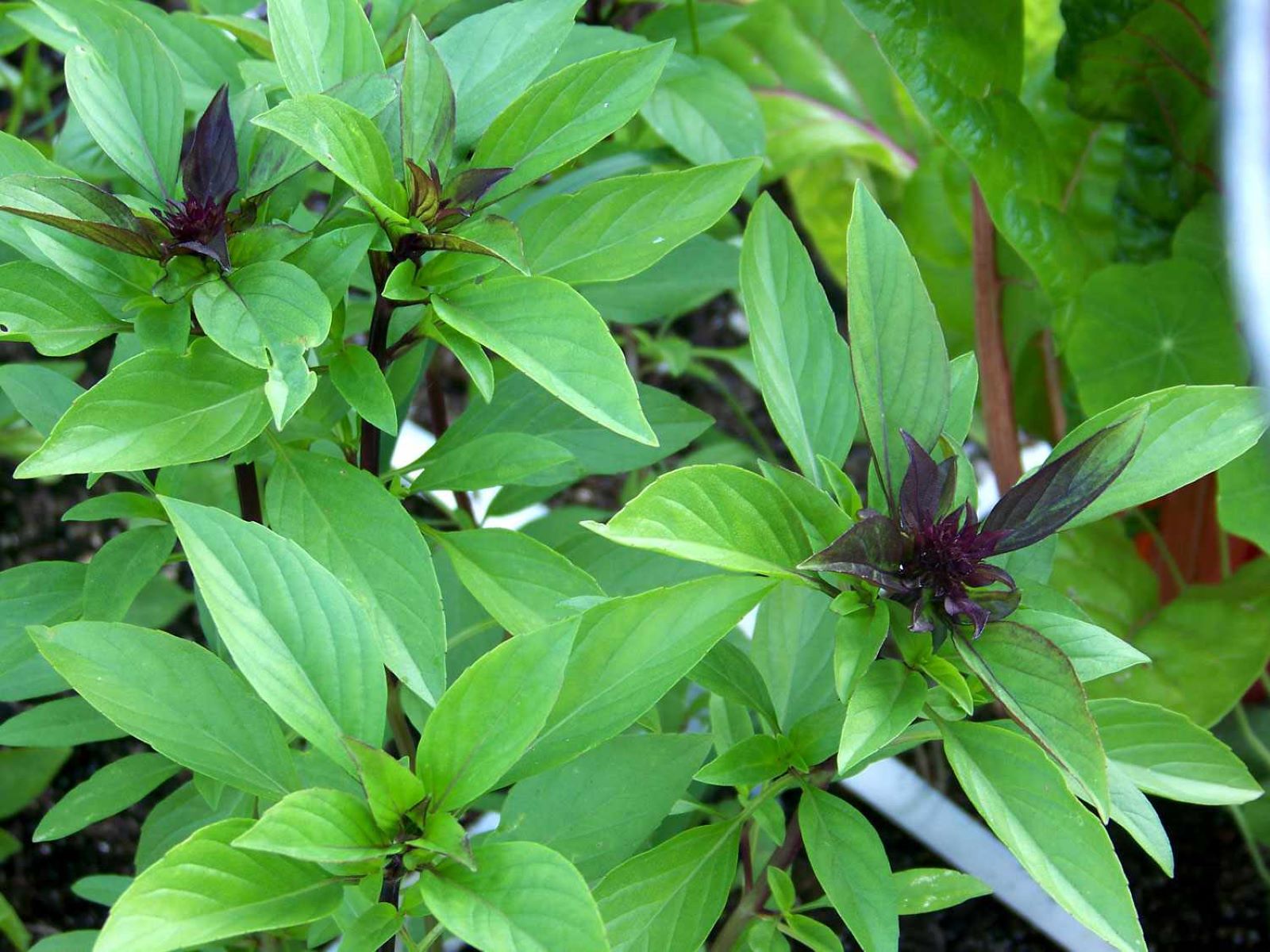
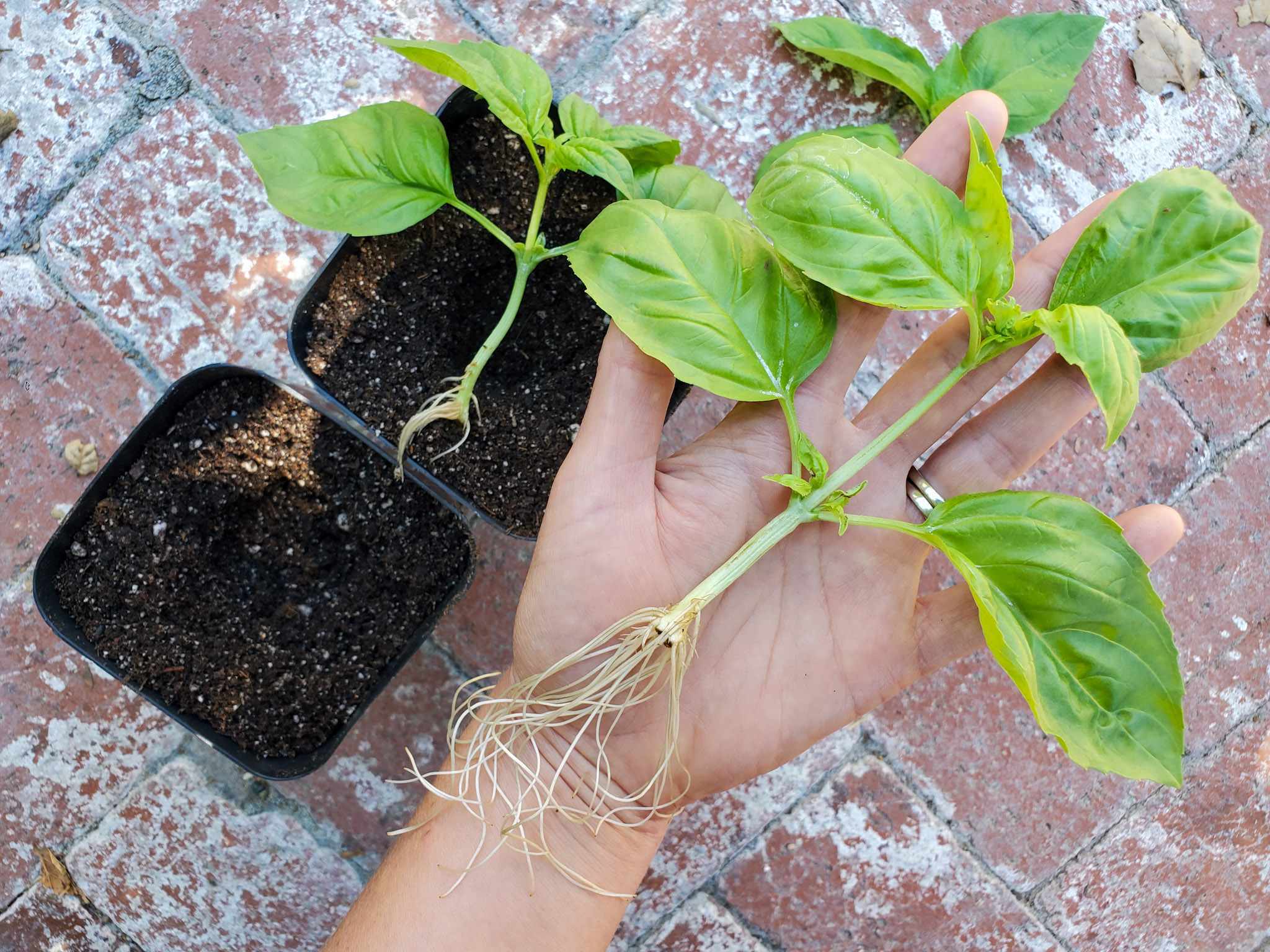
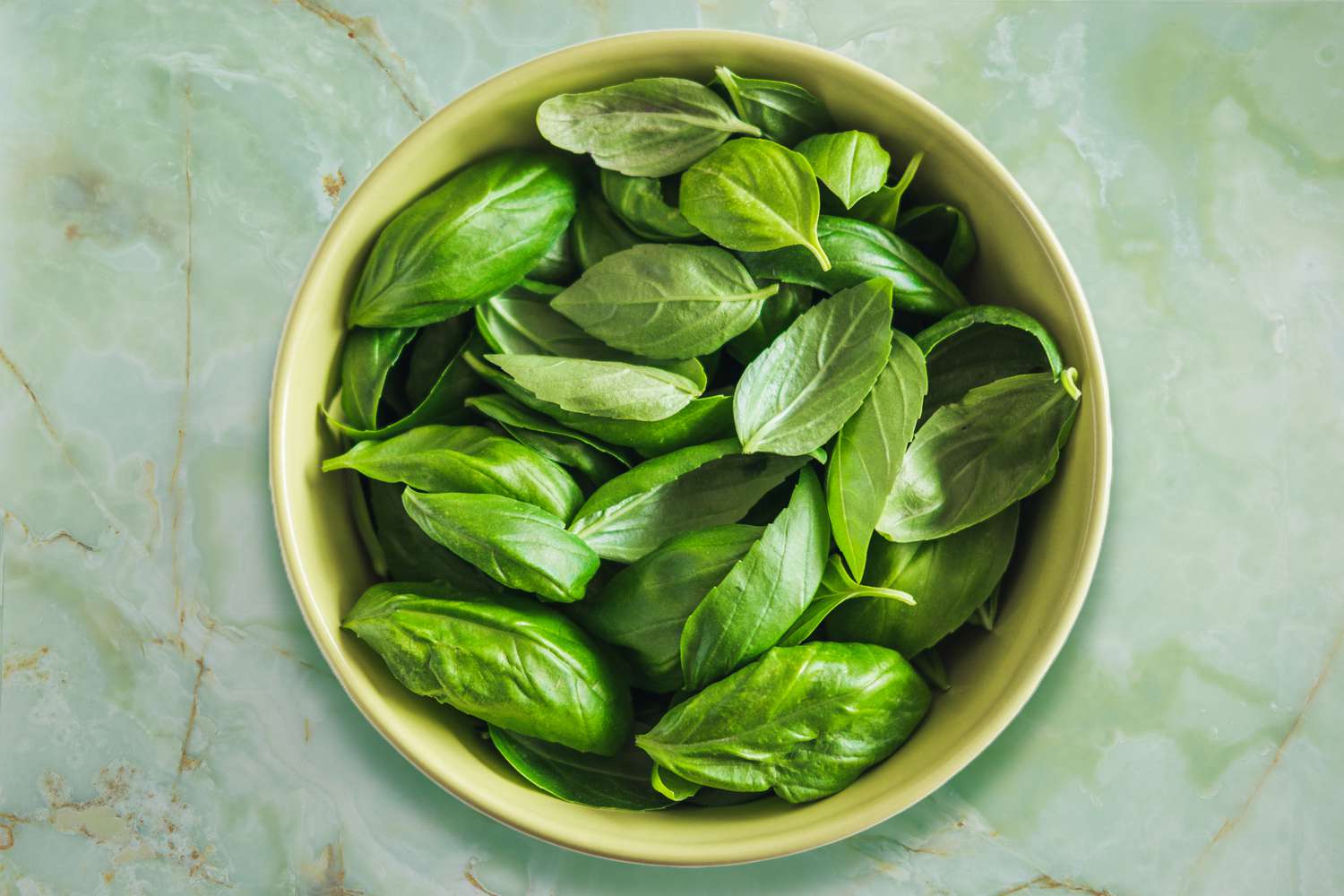
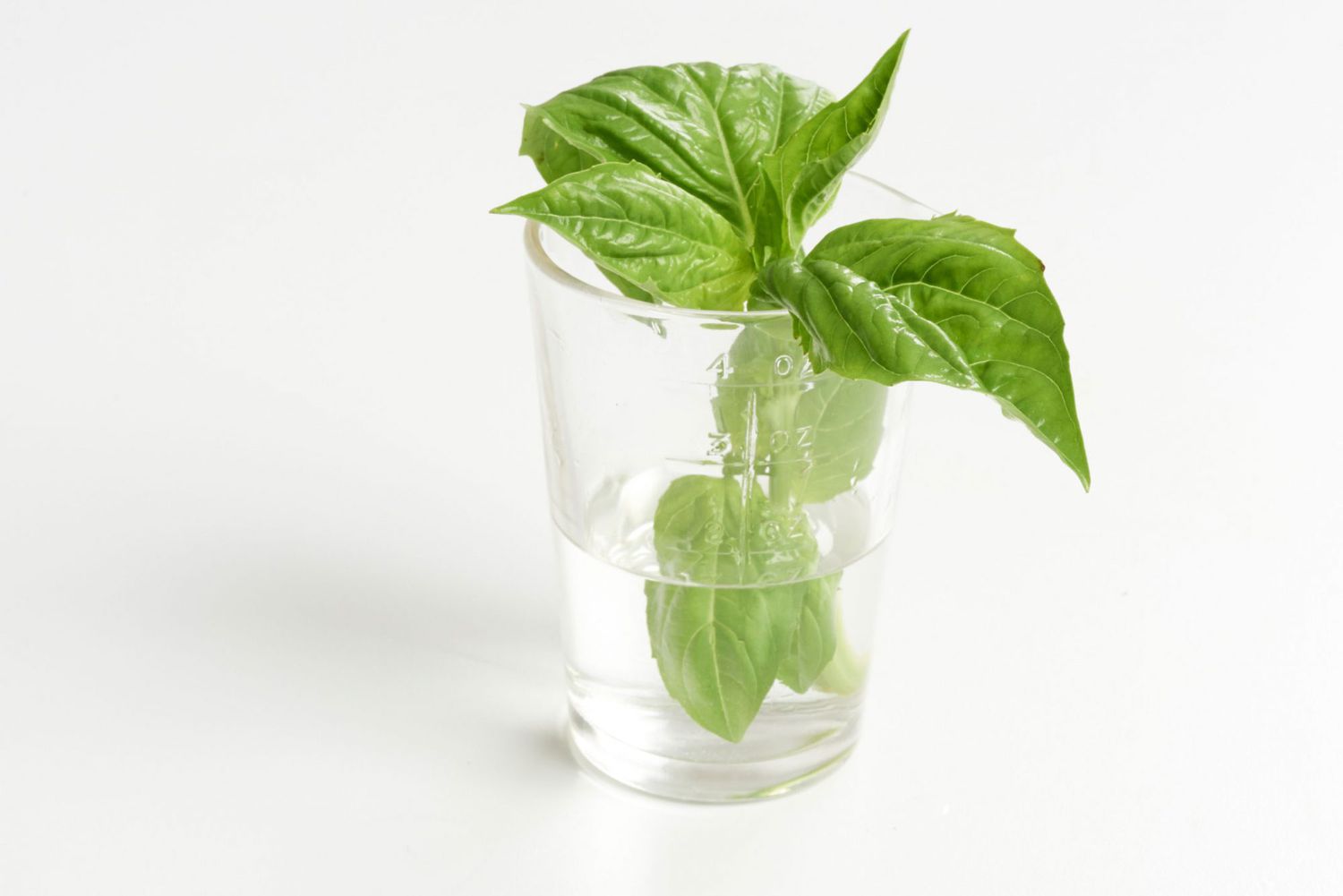
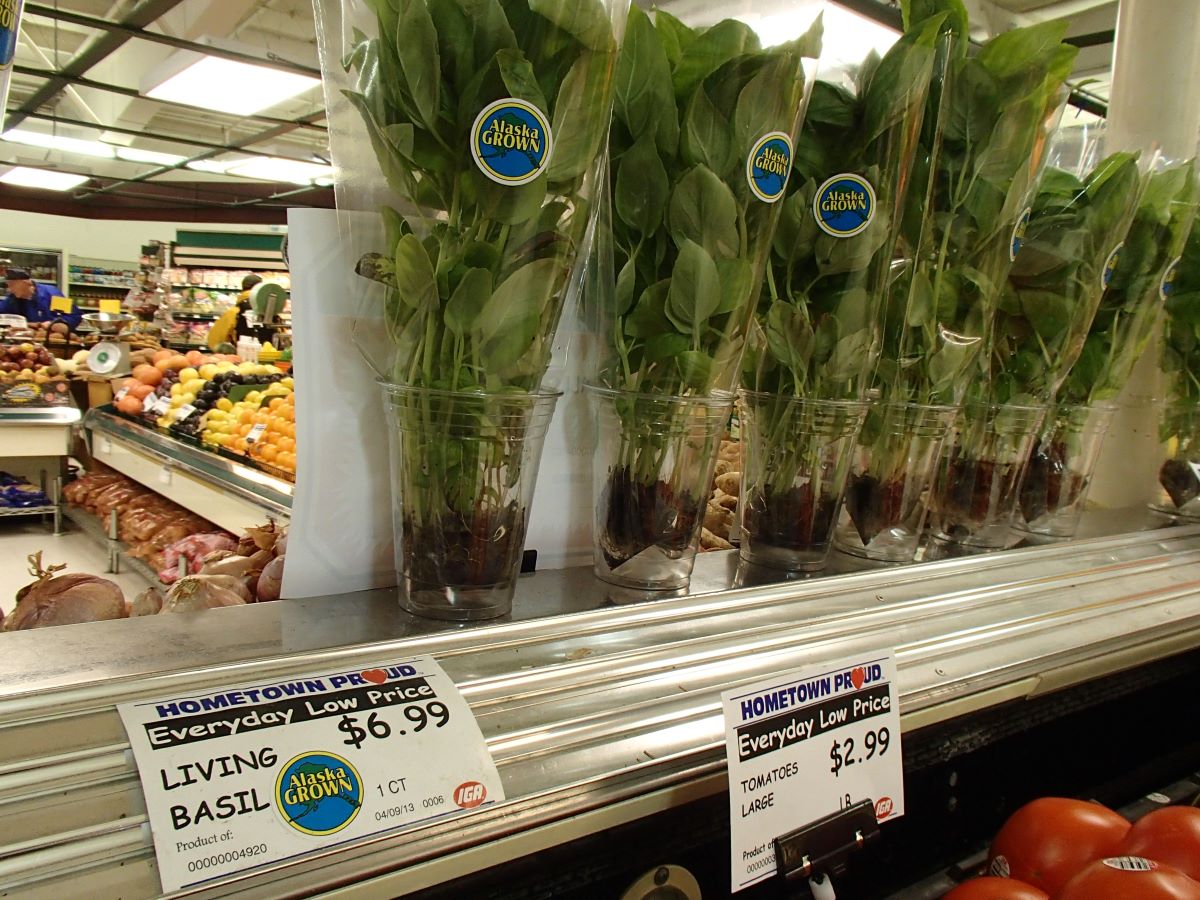
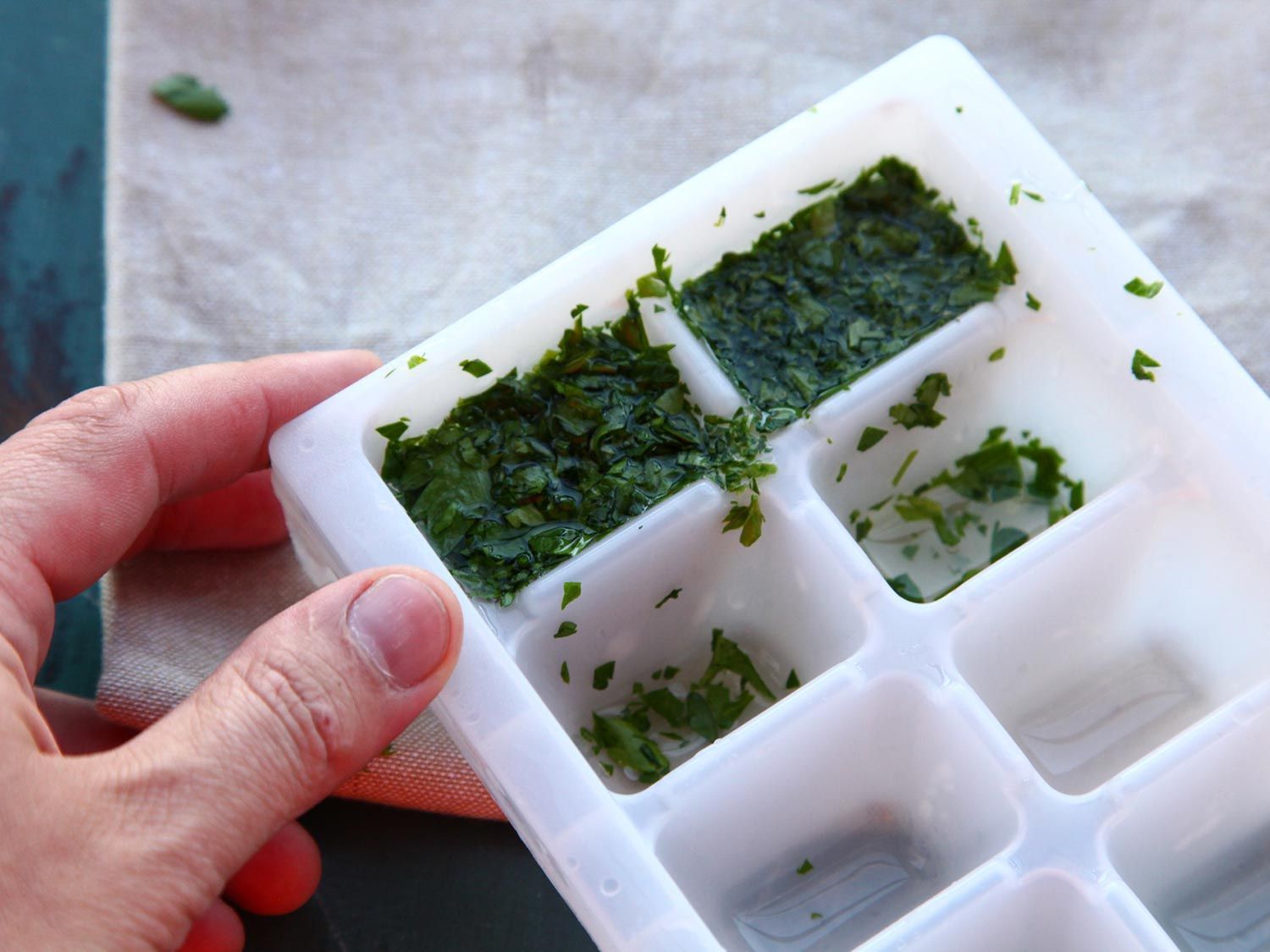
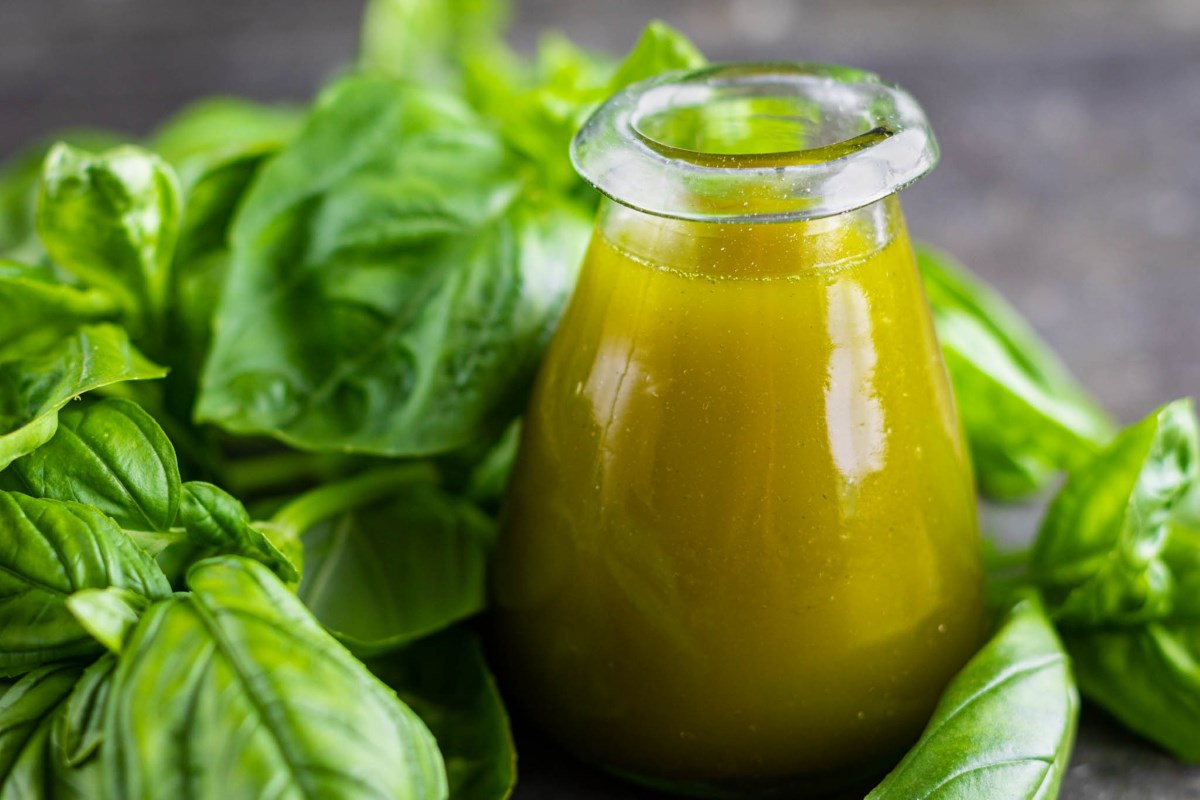
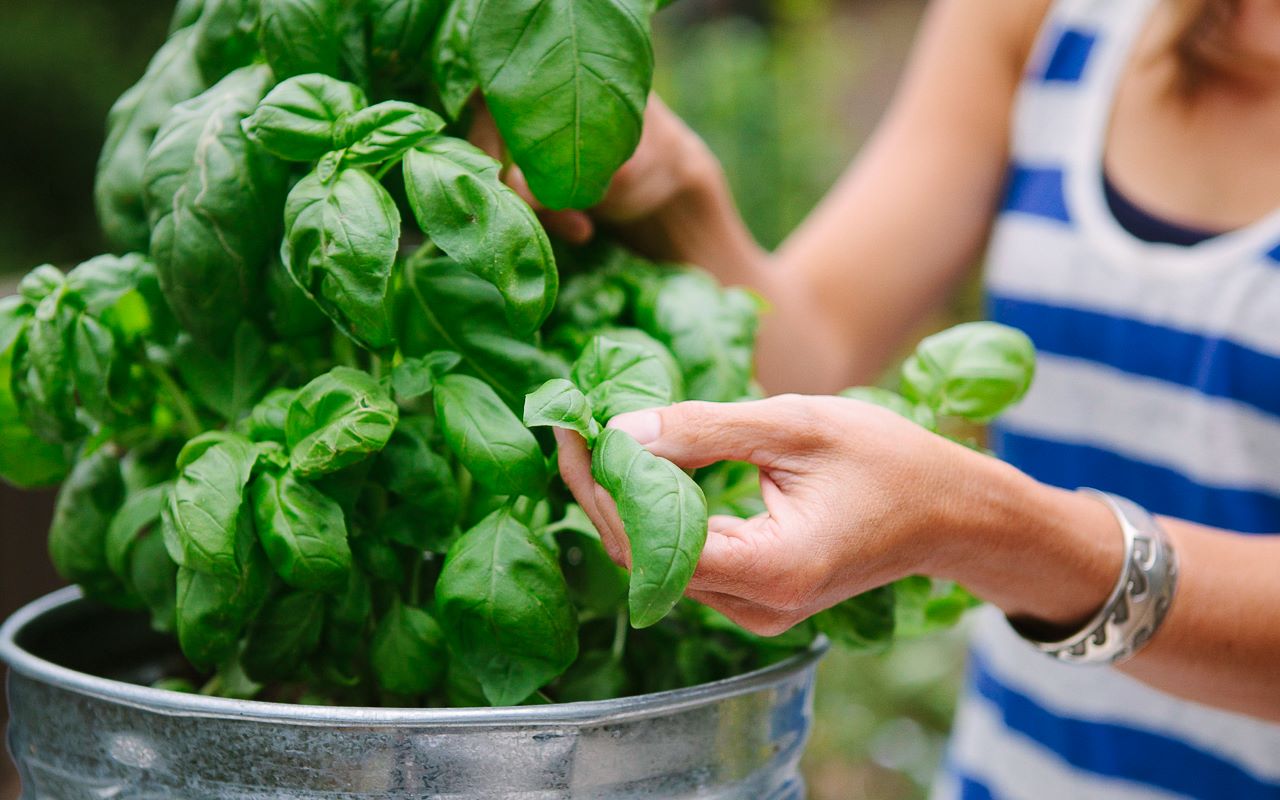
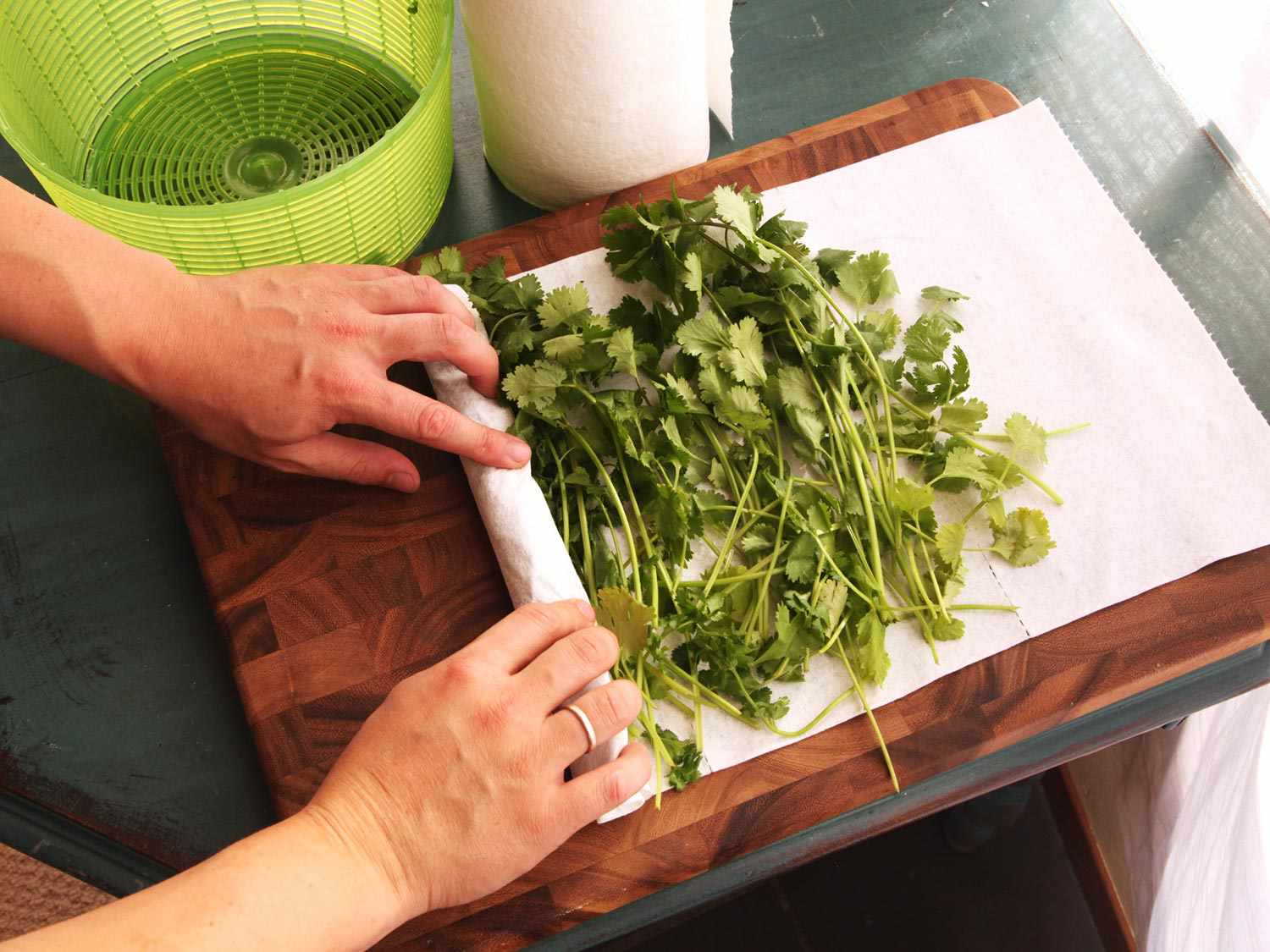
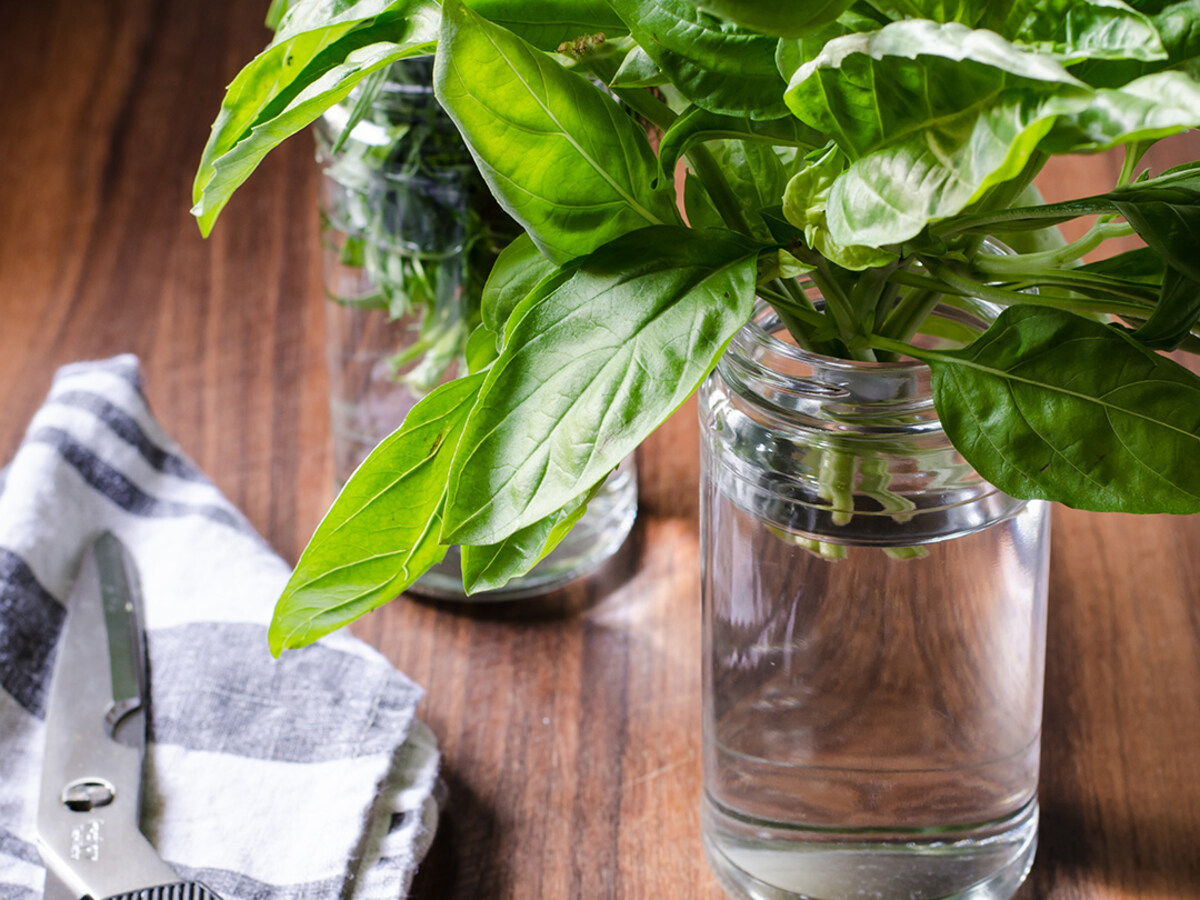
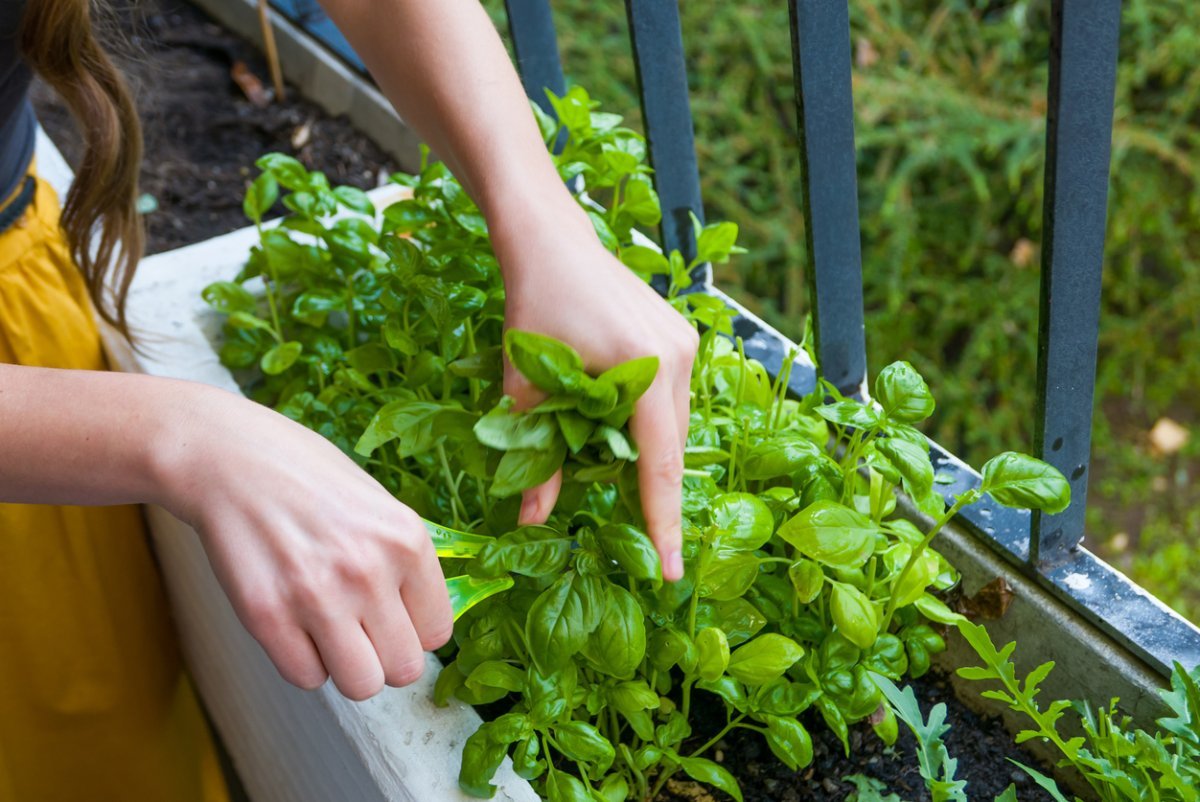
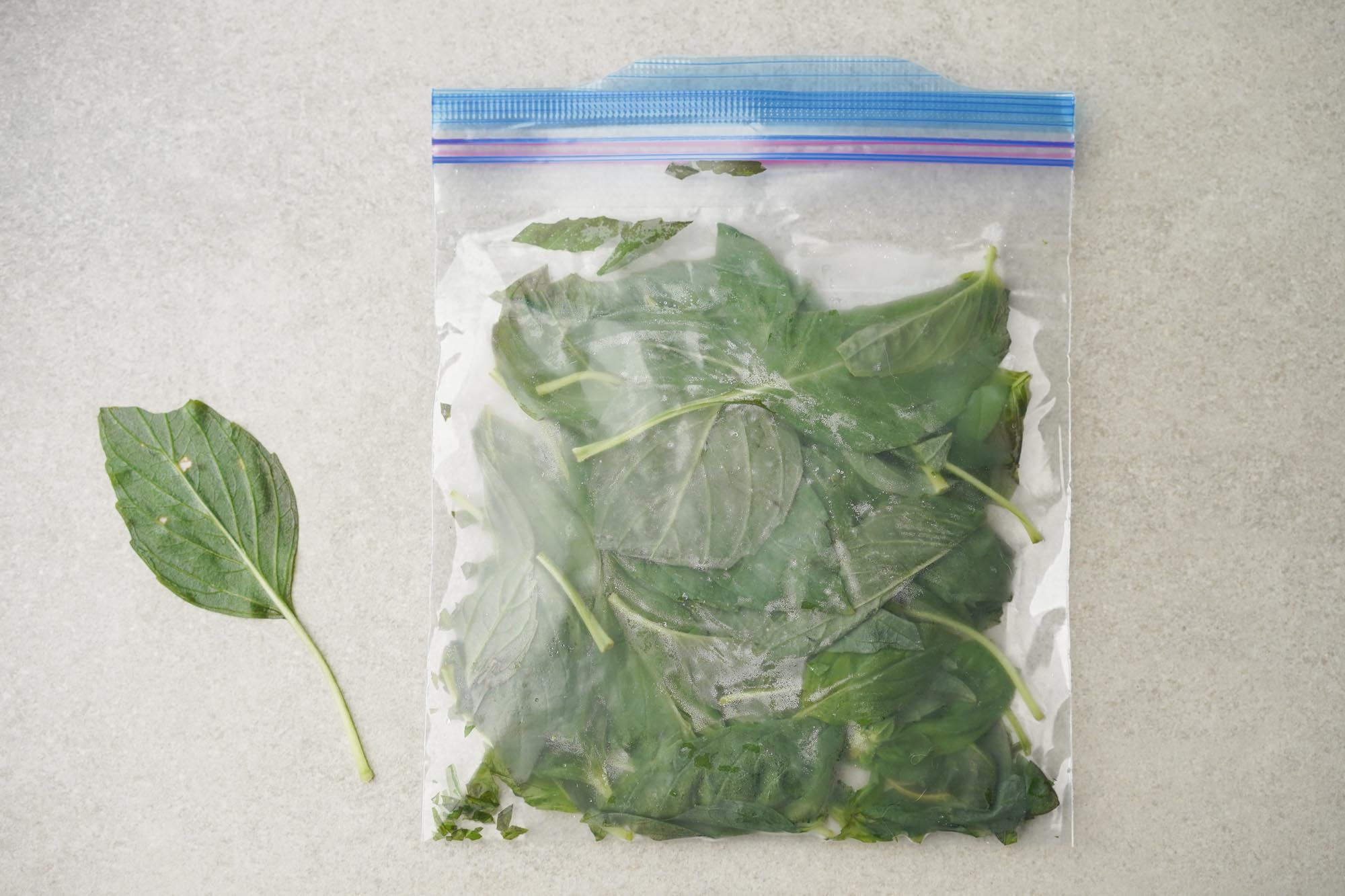


0 thoughts on “How To Store Dried Basil”